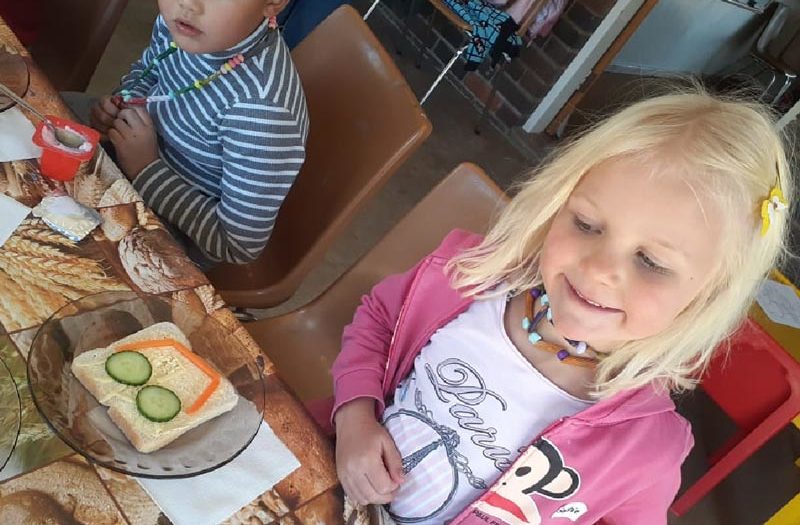It is post-election South Africa, and with the help of certain political and prominent figures, racial tension in our country seems to have escalated.
Distrust, bordering on hatred, often exists between racial groups, and these sentiments are openly expressed – on social media, around the campfire, in situations of conflict. This seems to be a global phenomenon, whereby extreme right- and left-wing parties that express such ideas are gaining prominence. In our small congregation in Newcastle, however, we are grateful that we continue to experience a different reality.
Thank you for reading this post, don't forget to subscribe! On 19 and 20 June, we held our first-holiday programme at our church. We presented activities based on the theme of God’s Love to a group of 26 children. A number of nationalities, linguistic and cultural groups were represented – isiZulu, SeSotho, South African German, English-speakers, Afrikaans, French-speakers from the Congo and Chinese immigrants. In spite of cultural differences, the children did not experience any difficulties in interacting with each other. Together, they listened to bible stories of God’s love, enjoyed a range of Craft activities, baked, sang and played sports together.
On 19 and 20 June, we held our first-holiday programme at our church. We presented activities based on the theme of God’s Love to a group of 26 children. A number of nationalities, linguistic and cultural groups were represented – isiZulu, SeSotho, South African German, English-speakers, Afrikaans, French-speakers from the Congo and Chinese immigrants. In spite of cultural differences, the children did not experience any difficulties in interacting with each other. Together, they listened to bible stories of God’s love, enjoyed a range of Craft activities, baked, sang and played sports together.
At one point, a six-year-old Chinese girl taught the others to sing “Jesus loves me, this I know” in Chinese. The experience of a group of diverse children interacting in harmony made it evident that “No one is born hating another person because of the colour of his skin, or his background, or his religion. People must learn to hate, and if they can learn to hate, they can be taught to love, for love comes more naturally to the human heart than its opposite.” (Nelson Mandela) [Pastor’s note – What Mr Mandela says is true of human nature as God created it, before its corruption by sin, now we have to hold camps like this to teach children about the gift of God’s love in Christ Jesus and how He enables them to share it with others.]
When thinking of our theme of God’s love, and how this love was expressed by and in Jesus, the story of the Good Samaritan comes to mind. This story shows that if we call ourselves followers of Jesus, we cannot only show love to those who are like us. According to Jesus, loving God and one’s neighbour sums up all the law and the prophets. Our neighbour isn’t necessarily someone who looks like us, shares the same culture or language or skin tone – and this is emphasised by how Jesus represents our neighbour in His parable. Jews and Samaritans hated one another, but the Good Samaritan showed love to a Jew. And Jesus tells us to “Go and do likewise.” (Luke 10:37).




